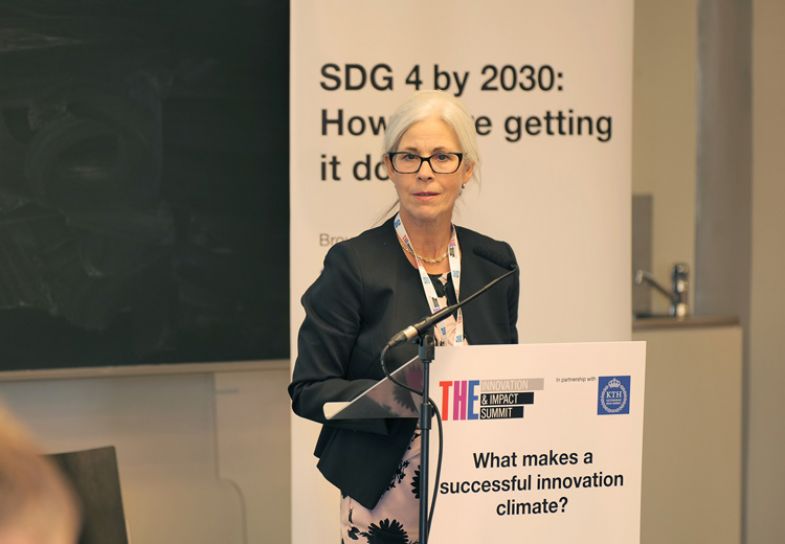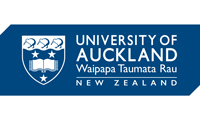
The UN’s fourth Sustainable Development Goal strives for quality education for all by 2030, but with eight years to go, progress has stalled. Higher education must redouble efforts to find transformative solutions to deliver education in an era of crisis
The University of Auckland hosted a pre-summit event at Times Higher Education’s 2022 Impact and Innovation Summit, focusing on how to ensure the United Nations’ fourth Sustainable Development Goal (SDG 4) could be achieved by 2030.
Opening the pre-summit event, Dawn Freshwater, vice-chancellor of the University of Auckland, cautioned delegates that progress on achieving SDG 4 had been stalling before the Covid-19 pandemic, and that the sector was now facing a “crisis within a crisis”.
SDG 4 sets out to “ensure inclusive and equitable quality education and promote lifelong learning opportunities for all”. Across the APAC region, the statistics are sobering, with 27 million children and adolescents illiterate, 95 per cent of whom are in south Asia. In many regions, only half of the population can read and understand a simple sentence by the age of 10. “It’s devastating,” Freshwater said. “I see the impacts of that even in Auckland.”
The response to the pandemic highlighted inequalities at every stage of the educational pipeline. On campus, digital poverty had to be tackled head-on with the loan of laptops and provision of wi-fi connections to facilitate remote learning. “Without that support, they would have been left behind,” said Freshwater, who noted that, in some instances, faculty were similarly affected by access issues.
“Some of my staff were sitting in their cars, giving their lectures on their mobile phones because the wi-fi connection at their home was not stable,” she said. “They had to sit outside the university to use eduroam.”
The situation is more challenging in less wealthy nations, where there are simply not enough resources to deliver quality remote teaching. Freshwater said the full impact of the pandemic was yet to be understood and cautioned that it was only one lens through which to view SDG 4. Other challenges, such as international student mobility, free speech, polarisation and extremism, were also affecting higher education providers across the region.
Nonetheless, Freshwater remains optimistic. She spoke of the transformative power of higher education and the importance of listening to students and involving them in the design of their curricula and learning spaces. The sector had the capability to drive change and work towards its SDG 4 targets, as long as it diagnosed the right problems to fix.
“If we don’t get it right, there will be enormous consequences,” said Freshwater. “My background is in health. If we misdiagnose the problem, the prescription will not be the cure. It is important that we understand what it is we are trying to achieve.”
Find out more about the University of Auckland.





